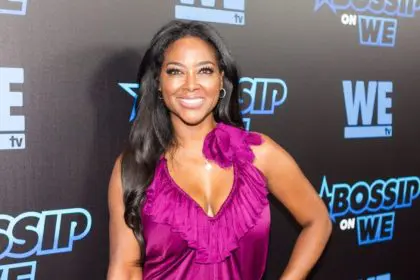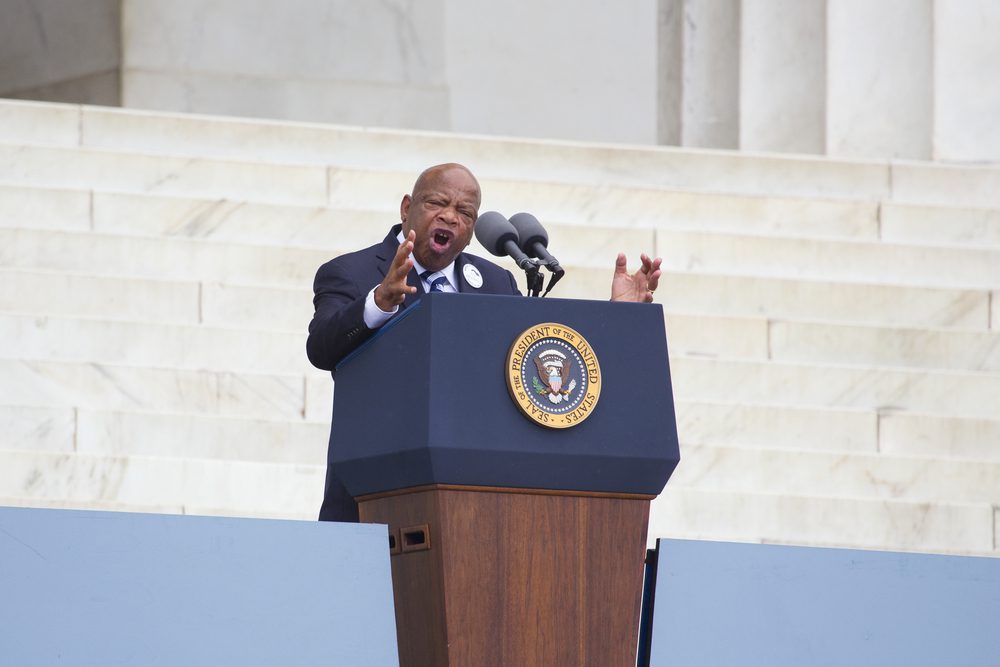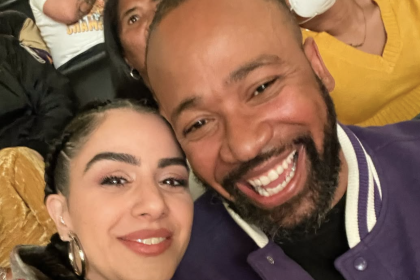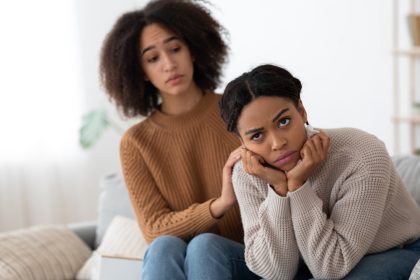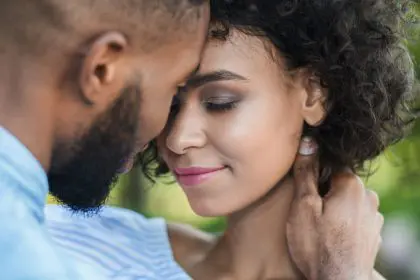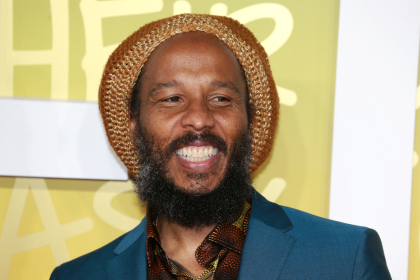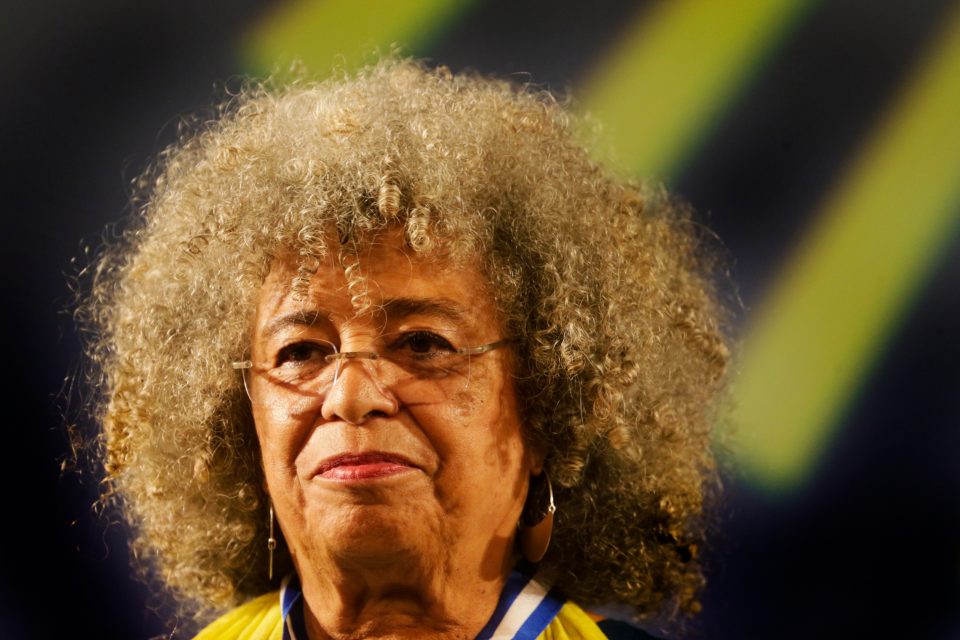
If a person attends a Black Lives Matter event, they will most certainly see a Pride flag. For some, the presence of the LGBTQ+ banner at an event focused on Black lives may be confusing. What could one possibly have to do with the other? More than you might think, according to world-renowned activist and scholar Angela Davis.
As we approach Black History Month, Davis is one of the writers whose life and work has always been at the intersection of social justice advocacy and education.
In her 2016 book, Freedom is a Constant Struggle: Ferguson, Palestine, and the Foundations of a Movement, Davis argues that all social movements — whether they deal with race, gender, sexual orientation or class — are a part of the same overarching battle for justice and equity. In the collection of essays and interviews, she also explores the relationships between various groups of disenfranchised peoples and the untold, yet robust history of cooperation that lies between them.
For example, Davis outlines the strategies used by the Black Panther Party that have been adopted by activist groups organizing in Palestine and China. She also shows the ways in which women across the world have come together in the fight for equality and gender equity.
However, one of the more profound relationships Davis shines a light on in the text is between Black Americans and those who identify as LGBTQ+. More specifically, she sees both Black people and members of the LGBTQ+ community as two groups fighting for the same thing: liberation.
“Trans scholar-activists are doing some of the most interesting work on prison abolition,” she notes. As examples, Davis cites the importance of Nat Smith and Eric Stanley’s anthology Captive Genders: Trans Embodiment and the Prison Industrial Complex and Dean Spades’ Normal Life: Administrative Violence, Critical Trans Politics and the Limits of Law in showing the parallels between the experiences of Black and transgender people in regards to law enforcement.
“If the intersectionality of struggles against racism, homophobia and transphobia is minimized, we will never achieve significant victories in our fight for justice,” Davis writes.
Ultimately, Davis’ book is a reminder to any reader that there are more things that unite us than could possibly divide us.
Davis’ book and other important writings by Black authors are available at blackbookstore.com.




